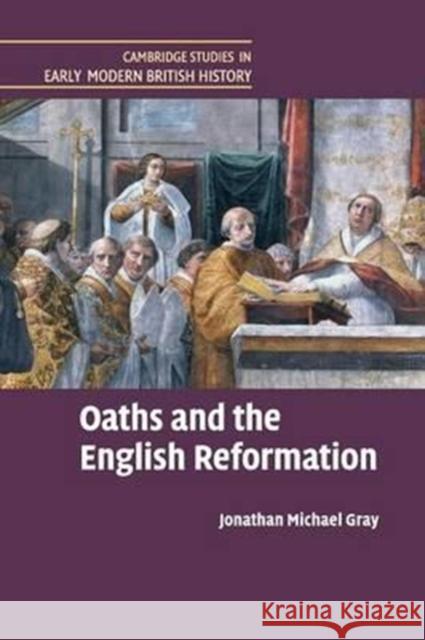Oaths and the English Reformation » książka
topmenu
Oaths and the English Reformation
ISBN-13: 9781316635575 / Angielski / Miękka / 2017 / 286 str.
Oaths and the English Reformation
ISBN-13: 9781316635575 / Angielski / Miękka / 2017 / 286 str.
cena 154,48
(netto: 147,12 VAT: 5%)
Najniższa cena z 30 dni: 120,84
(netto: 147,12 VAT: 5%)
Najniższa cena z 30 dni: 120,84
Termin realizacji zamówienia:
ok. 16-18 dni roboczych.
ok. 16-18 dni roboczych.
Darmowa dostawa!
An examination of the significance and function of oaths in the English Reformation.











